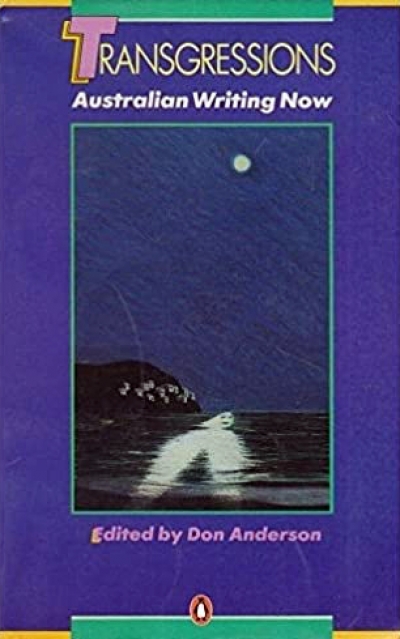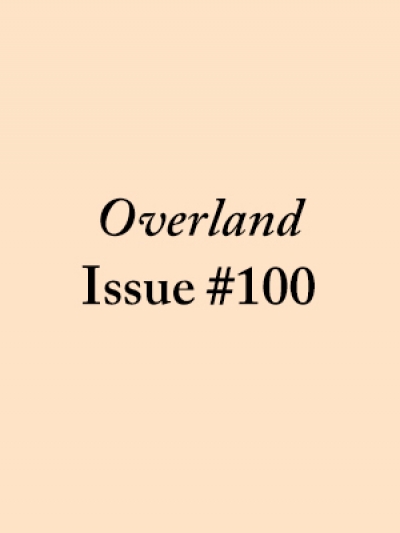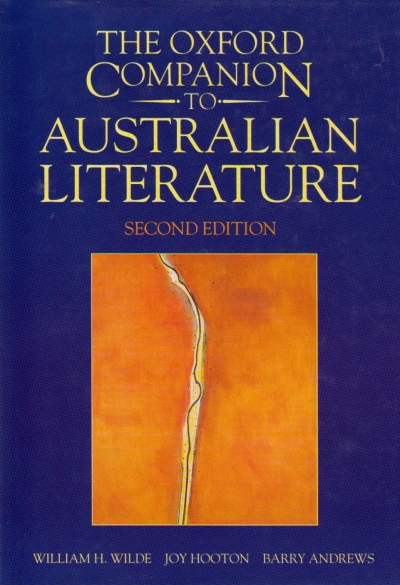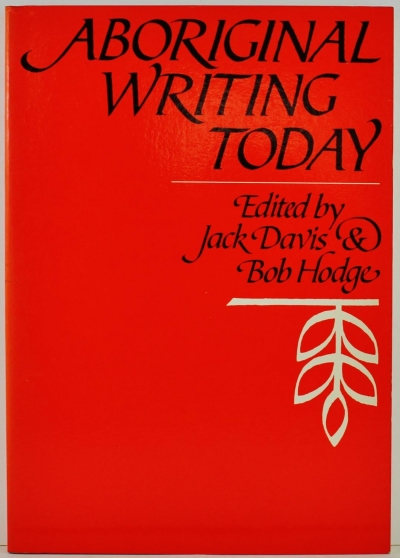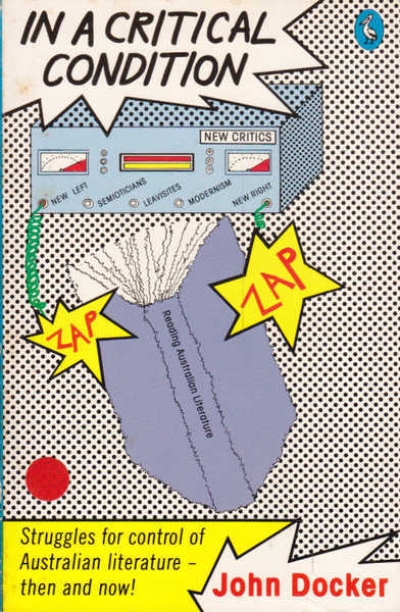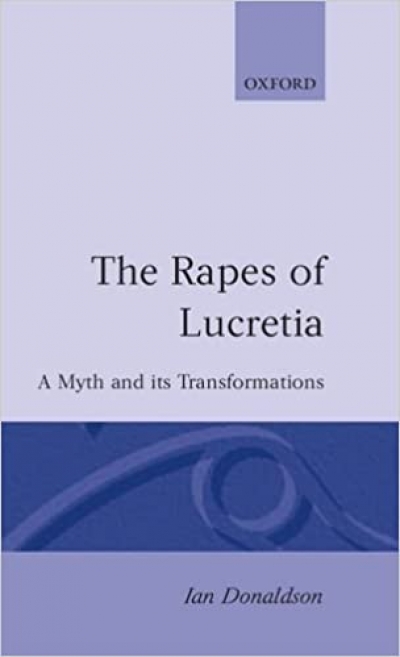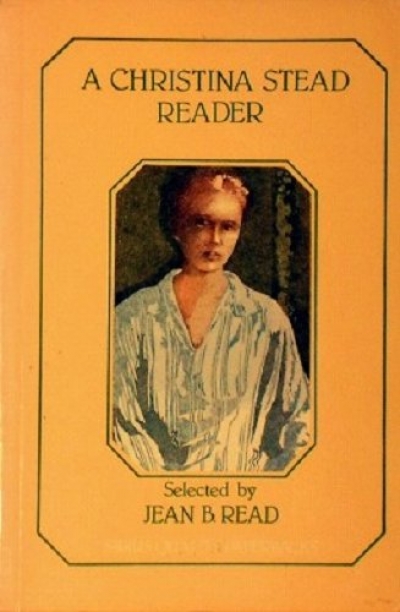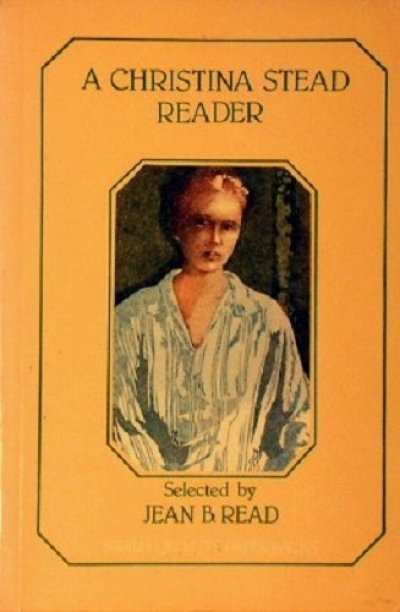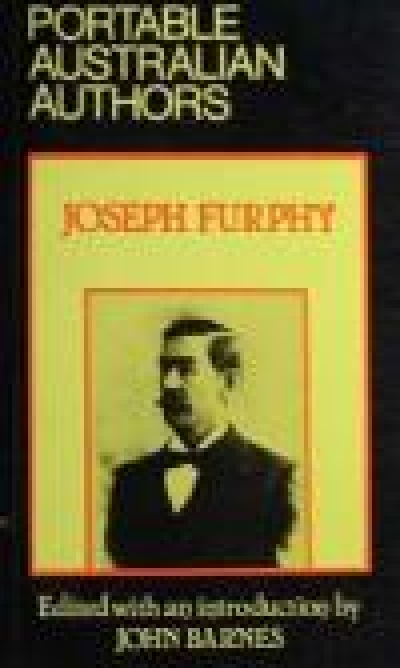Literary Studies
English Prose Fiction 1158–1700: A Critical History by Paul Salzman
Paul Salzman has wit and judgement. He knows his chosen period is usually thought of as a lean one for prose fiction; he is anxious not to be typed as ‘the indefatigable in pursuit of the unreadable.’ He sees himself as the cartographer of a largely uncharted region: his main aim is to give us an idea of what is there.
A writer in this situation would like to be able to report on neglected masterpieces. Salzman is too sensible to make extravagant claims: the claims he does make are the more believable because they are modest. If he fails to find a seventeenth-century rival to Clarissa or Middlemarch, he nevertheless turns up some long and short fictions that deserve to be better known than they are. Mary Wrath’s Urania, ‘a feminist reading of the romance form’ which exposes ‘the less salubrious underside of the courtly code’, is one. It is apparently the earliest published work of fiction written in English by a woman. (It was suppressed soon after publication because it allegedly played ‘palpably and grossly’ with the reputations of certain influential people whom it portrayed under fictional names.)
... (read more)Transgressions edited by Don Anderson & The Australian Short Story by Laurie Hergenhan
I have a theory that every second Australian is a closet short story writer. And this is a conservative estimate. According to my theory, the so-called ‘booms’ in the history of the Australian short story in the 1890s and 1950s merely reflected fashions in the book and magazine publishing businesses, not the relentless scratching away in exercise books or thumping of battered typewriters which occupies the waking hours of the determined taleteller and which is, I am convinced, a more popular national pastime than dodging income tax. How else to explain the sheer volume of short stories being published? And these are but the tip of the iceberg – a mere fraction of those that have been and are being written.
... (read more)Perth, like Sydney, is a city of water, but the water on display is safely enclosed in the reaches of the Swan. Here ferries and commuting speedboats plough their straight lines among flocks of red or blue sailed dinghies sailing and tacking in sudden turns like flocks of tropical fish. In Fremantle, sailors’ missions and clubs straggle around the side streets, and the mall on a Saturday afternoon is left to drunks and kids on BMX bikes. In the Book Market casual browsers can look through the latest publications from Australia and abroad, or climb upstairs to find a collection of raw socialist writings dedicated to Pat Troy, ‘one of Australia’s finest working class fighters’.
... (read more)The Oxford Companion to Australian Literature edited by William H. Wilde, Joy Hooton, and Barry Andrews
This is a splendid book, by far the most important of the recent OUP contributions to the study of Australian literature. Everything that you ever wanted to know about Australian Literature. Comprehensive (amazingly), consistently lively, up to date, as far as I can judge, accurate.
I have played the usual reviewers’ game for a book like this – trying to ...
Aboriginal Writing Today edited by Jack Davis and Bob Hodge
This book is a collection of papers from the first Aboriginal Writer’s Conference, held at Murdoch University in February 1983. Despite the long (unexplained) lapse between the conference and the appearance of this book, the papers raise a number of urgent and complex problems, for writers and commentators.
... (read more)John Docker has written an entertaining if uneven book on the history and politics of literary criticism in Australia. The subtitle of the book, ‘Struggles for control of Australian literature-then and now!’ along with the Pop Art cover, gives an indication of his combative and slightly melodramatic approach. The book is, however, extremely important and something of a landmark. It presents a broad overview of the institution of literary criticism and its teaching in Australia, especially during the 1950s and 1960s. It discusses the political implications of various critical methods, and draws attention to some of the wider social and political ramifications of what occurs in the English departments of tertiary institutions. There is also discussion of the work of individual writers such as Katharine Susannah Prichard and James McAuley. As Humphrey McQueen writes in the foreword to the book, ‘His work also deserves the attention of people whose first area of interest is not literary criticism, for example, anthropologists, historians and political scientists.’
... (read more)The Rapes of Lucretia: A myth and its transformations by Ian Donaldson
Ian Donaldson’s The Rapes of Lucretia is a book so rich in ideas that a review can only be unfairly perfunctory. It starts from ancient accounts of the rape of Lucretia and tracks the transformations of the myth through two millennia. This is no wearisome catalogue, no tedious grinding of PhD mills. Donaldson is, as he puts it, ‘especially interested in the close relationship that may exist between the creative and the philosophical processes of mind; between art and argument’. What emerges is a sturdy contribution to the history of ideas, a book showing how a myth which sustained Roman ideas of heroism and political liberty was used at different periods of history to reflect and embody changing political and sexual ideas.
... (read more)From August 1978 through January 1979 I read the complete fiction of Christina Stead, as well as those of her critical writings I could locate. A writing career of more than forty years consumed by a voracious reader in six months! I trust that I was as scrupulous and sympathetic a reader as Christina Stead is an ethically and technically scrupulous, sympathetic novelist.
... (read more)Christina Stead can take comfort, if such were to give comfort and if comfort were what she needed, that the publication of a reader of extracts from her work must signify that she is established not only on the reading lists of our universities – a dubious honour she has had for some time – but also, I presume, in our high schools. I cannot imagine who else this sort of book can possibly be aimed at. Perhaps at people who want to appear to have read Christina Stead but do not relish the work of reading her admittedly lengthy novels. In which case they deserve all that they miss. Is the next step towards the heights of literary honour to be, like Dickens, condensed? Our school children, at any rate, deserve better. Christina Stead certainly does.
... (read more)Portable Australian Authors: Joseph Furphy edited by John Barnes
‘“No good dad,” he used to remark hopelessly, “people’ll say that you were dragged up.”’ In this way, Furphy records his son’s response to Such is Life. Furphy, in his own review of his own novel expressed a different view. ‘There is interest, if not relevancy in every sentence ... beyond all other Australian writers. Tom Collins is a master of idiom ... Originality is a characteristic of Such is Life ...’ However much he had his tongue in his cheek, Dad was of course right, as a rereading of the novel in John Barnes’s Portable Furphy will prove. The novel is ‘a classic’ as Stephens recognised, even if he did throw in his each-way bet of, ‘or a semi-classic’. Barnes has included all of Such is Life (in a photo facsimile of the original edition, which does make one long for larger type and more spacious layout, but makes possible an interesting collection of Furphy’s other writings in a comparatively small volume).
... (read more)

